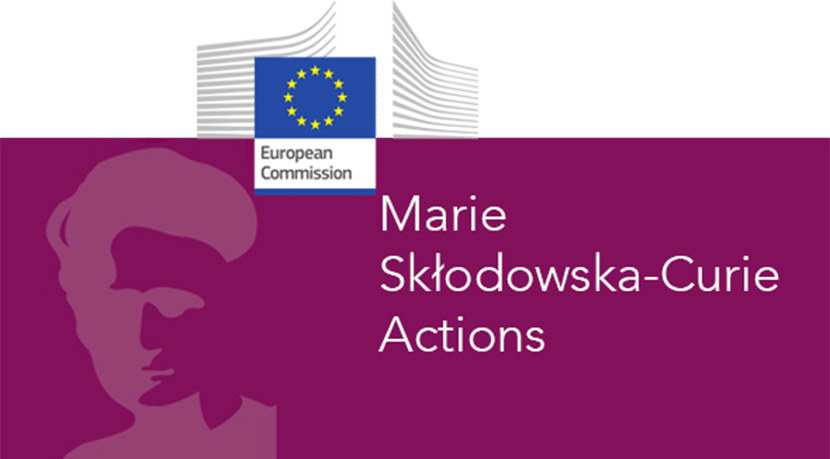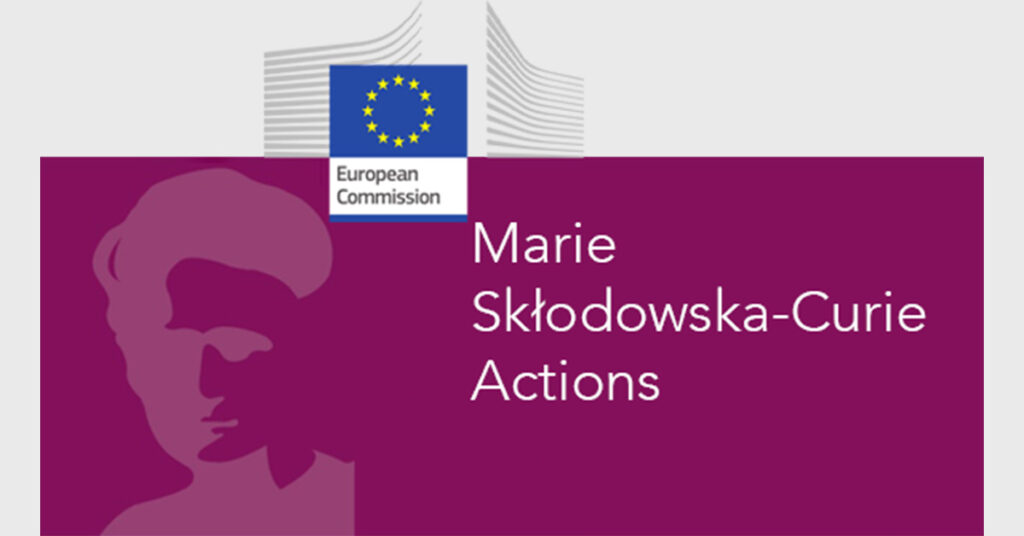News
Important support to LIH cancer research

Three DONC projects retained for funding under the FNR 2020 CORE Call
On February 25th, three LIH group leaders from the Department of Oncology (DONC) were awarded a symbolic check by the Fondation Cancer and the Luxembourg National Research Fund (FNR) in support of their cancer research projects, in the presence of Dr Marc Schiltz, CEO of the FNR, Dr Bauer, president of the Fondation Cancer, and Prof Ulf Nehrbass, CEO of LIH. The three studies, set to start throughout 2021, benefit from the joint support of the Fondation Cancer and the FNR through the 2020 CORE funding scheme, following a thorough evaluation by an international expert jury.
The project ‘Reprogramming of the leukemic microenvironment by small extracellular vesicles: from characterization to therapeutic application’ (EVIL), which received a total financing of EUR 563,000, will be led by Dr Jérôme Paggetti, co-Group Leader of the Tumor Stroma Interactions research group at LIH DONC. This three-year project, set to start in September 2021, will specifically investigate the exact mechanisms through which small extracellular vesicles (sEVs) – small ‘vessels’ normally released by cells and involved in intercellular communication processes – can induce tumour development and progression in vivo, in the context of chronic lymphocytic leukaemia (CLL), using mice models. In addition to studying the composition of sEVs and the mechanisms enabling their uptake in various types of cells, the team will test inhibitors or neutralising antibodies to block their negative effects in vivo in mice. Moreover, they will study the functional impact of sEVs on the immune system to understand how they promote tumour evasion, as well as their role in altering the metabolic activity of target cells, thereby paving the way for the development of innovative immunotherapies.
Our project will allow the identification of new druggable targets by improving our understanding of these promising extracellular particles. Ultimately, we aim to foster progress towards a more effective personalised treatment which could either directly target the tumour or reactivate a patient’s immune system to mount an anti-cancer response that permanently reverses the disease”,
explains Dr Paggetti.
In parallel, Dr Etienne Moussay, co-Group Leader of the Tumor Stroma Interactions research group, will be leading ‘TIME-CLL’ (Characterisation of the tumour and its microenvironment in chronic lymphocytic leukaemia), a three-year project set to start in September 2021 and supported through a EUR 571,000 grant from the two institutions. The study will look at the interactions between immune cells and their microenvironment in the lymph nodes of CLL patients. Namely, the team will focus on a specific subset of immune cells, regulatory T lymphocytes (Tregs), which act as a ‘brake’ on the immune system by dampening the immune response. Dr Moussay and his team had previously identified Tregs as being particularly activated in CLL patients, thereby reducing the anti-cancer response and promoting disease progression. TIME-CLL will therefore shed light into the interactions between leukemic B cells and T cells and unravel the mechanisms underlying the over activation of Tregs in CLL patients, with the goal of devising novel therapeutic strategies to inhibit them and restore an optimal anti-tumour immunity. As part of the study, the researchers will also set-up a patient-derived xenograft mouse model from primary patient-derived CLL cells to test innovative combinatorial therapies in vivo.
We believe our project will advance the personalised treatment of CLL, contributing to tailoring the most suitable pharmacotherapy to the specific characteristics of each patient’s tumour
says Dr Moussay.
Finally, Prof Simone Niclou, Director of DONC and group leader of the LIH NORLUX Neuro-Oncology Laboratory, was awarded EUR 850,000 in support of GLASS-LUX (Glioma Longitudinal AnalySiS in Luxembourg: ex vivo and in vivo Functional Profiling of Recurrent Gliomas). The study, which will be launched in the spring of 2021 for a duration of 36 months, aims to characterise the molecular and genetic differences between primary and recurrent brain tumours, and test their differential responses to a broad selection of both novel and existing drugs. This will enable the prediction of personalised treatment options for recurrent glioma patients after the standard of care has been unsuccessful.
We believe our project will advance the personalised treatment of CLL, contributing to tailoring the most suitable pharmacotherapy to the specific characteristics of each patient’s tumour
states Prof Niclou
CORE is the central funding instrument of the FNR, which aims to strengthen the scientific quality of Luxembourg’s public research in the country’s research priorities adopted by the Government in December 2019. Among the 157 eligible project proposals submitted for evaluation under the 2020 CORE Call, 43 have been retained for funding, representing a total financial commitment of EUR 27.5 million.








